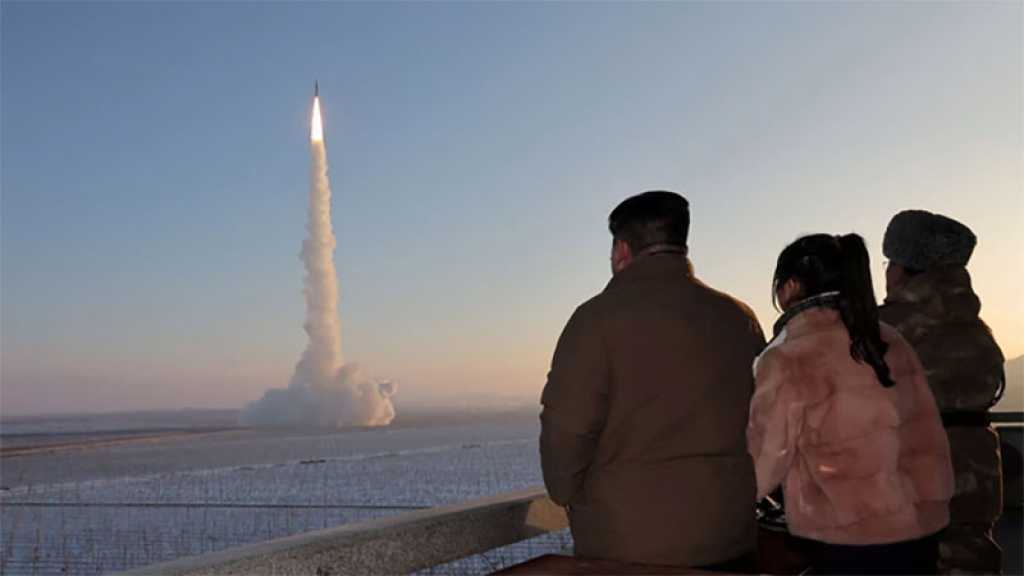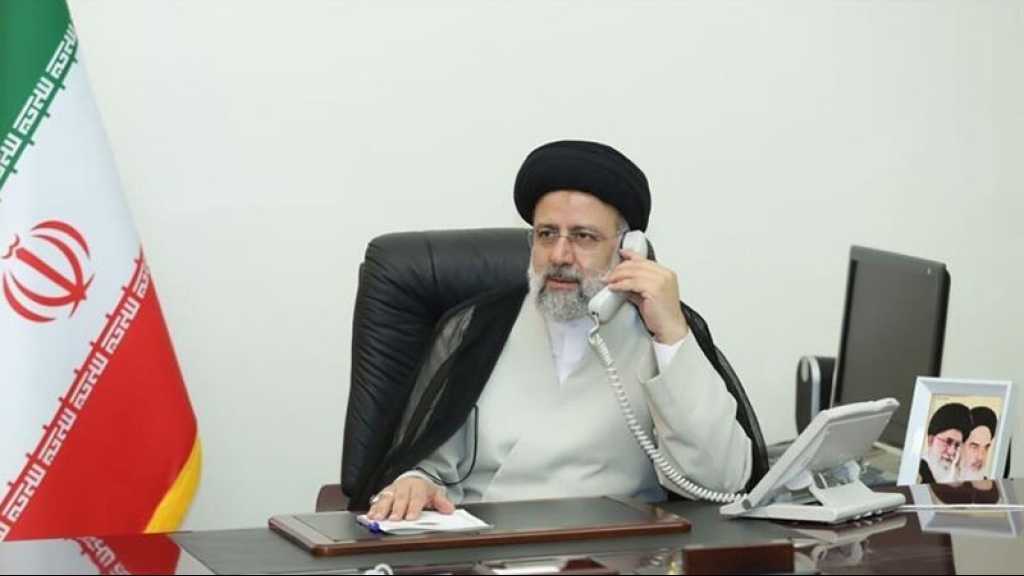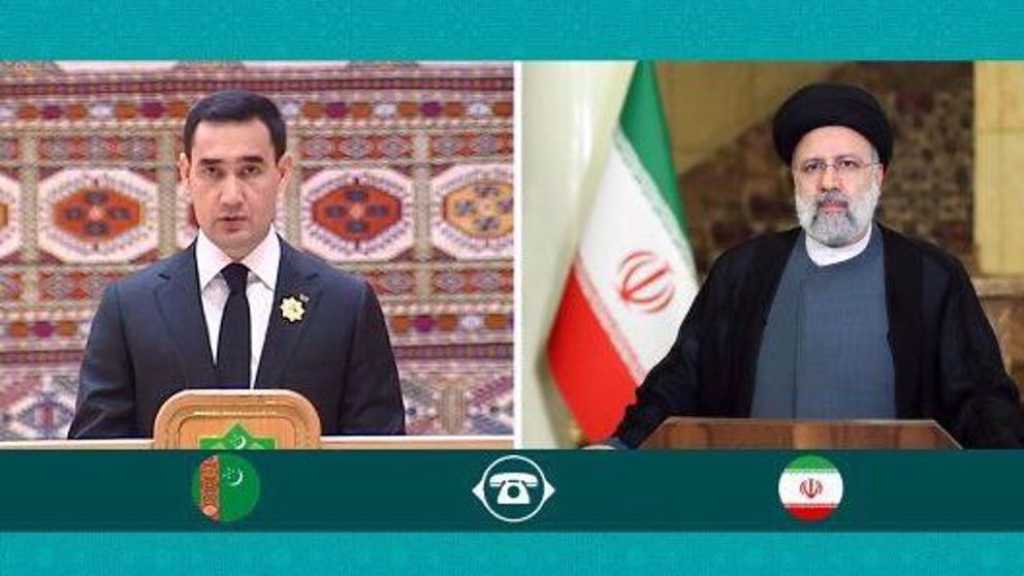
Xi Warns Obama against Threatening China’s Sovereignty
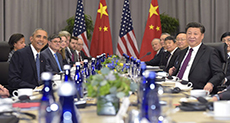
Local Editor
China warned the US that it will protect its sovereignty in the disputed waters of the South China Sea and rejects attempts to use international laws and freedom of navigation as a pretext to undermine its national security interests.
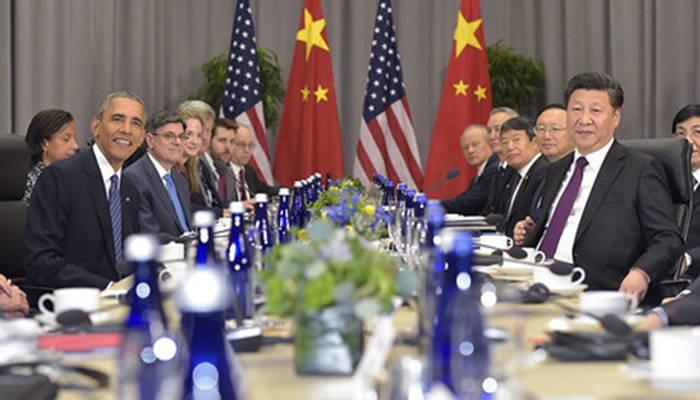
In a meeting with US President Barack Obama at the fourth Nuclear Security Summit in Washington DC, his Chinese counterpart Xi Jinping said that while he believes in the peaceful resolution of conflicts through direct talks, China will take steps to protect its national interests and sovereignty.
"China will firmly safeguard the sovereignty and related rights in the South China Sea," Xi said in a meeting, according to Xinhua news.
While acknowledging that Beijing "respects and safeguards the freedom of navigation and overflight other countries are entitled to under international law," Xi stressed that China will "not accept any freedom of navigation as an excuse to undermine China's sovereignty and national security interests."
Washington has increased air surveillance in addition to stepping up US-led war games with its Asian allies. In response China deployed its surface-to-air missile systems on Woody Island earlier this year, in addition to military aircraft.
Woody Island is the biggest island in the Paracel chain in the South China Sea.
China laid claim to the island in the 1950s, but the rights to the area, which is at the heart of economically important shipping routes in the South China Sea, are being contested by Taiwan, Philippines, Brunei, Malaysia and Vietnam.
Ahead of the Nuclear Security Summit, Tony Blinken, Deputy Secretary of Defense, urged China to side with the US on the deployment of THAAD.
"If China is looking to assure that we are not required to take additional steps for our own security and that of our partners and allies that it won't like, the best thing it can do is to engage with us in dealing with North Korea," Blinken said Tuesday at the Brookings Institution.
"We realize China may not believe us and also proposed to go through the technology and specifications with them ... and we are prepared to explain [about] what the technology does and what it doesn't do and hopefully they will take us up on that proposal," Blinken added.
The Chinese foreign ministry on Wednesday replied to Blinken's comments once again reiterating that the missile defense system would harm China's security.
"Installing the THAAD system has extended far beyond the defense need against North Korea, and will cause direct harm to China's strategic and security interests, as well as the regional balance," said Hong Lei, the ministry's spokesman.
Source: News Agencies, Edited by website team
